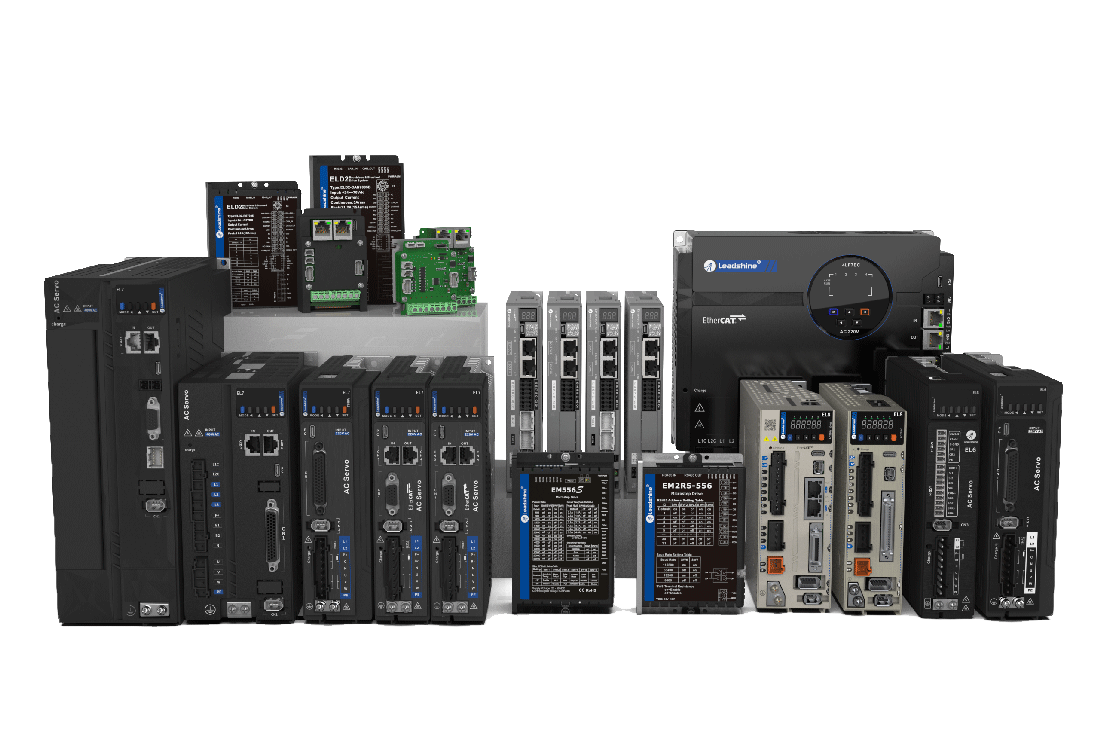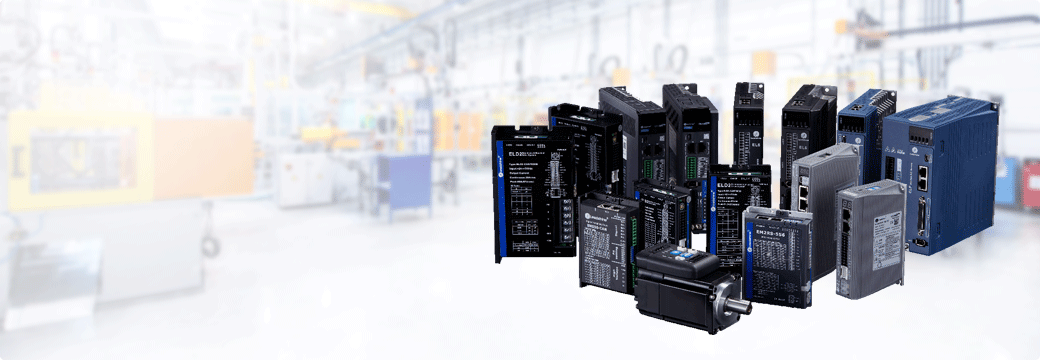





At Leadshine, we are dedicated to providing effective solutions in industrial automation. Our Fieldbus Drives are designed to meet the needs of modern manufacturing. Compatible with EtherCAT, EtherNet/IP, CANopen, and many other fieldbus protocols, our drives facilitate real-time distributed control, ensuring seamless connectivity for servo drives across various applications. This compatibility makes it easier for businesses to implement our solutions in their existing motion control systems, enhancing efficiency and productivity.

Comprehensive Compatibility with Industry Standards
Our Fieldbus Drives are engineered for compliance with global industry standards. By supporting advanced communication protocols such as EtherCAT, EtherNet/IP, CANopen, PROFINET, and Modbus RTU, we enable reliable data exchange in complex industrial environments. This compatibility allows you to integrate our solutions into your existing motion control systems efficiently, enhancing overall operational effectiveness. The ability to connect with various protocols means that our drives can be utilized in diverse applications, providing flexibility and adaptability to different manufacturing setups.
Benefits of Fieldbus Communication
Fieldbus communication offers several advantages for your industrial automation needs:
Real-Time Control: Connecting servo drives in real-time provides precise motion control, improving productivity and accuracy in your manufacturing processes. This feature is particularly beneficial in applications where timing and synchronization are critical.
Scalability: With support for multiple protocols, our Fieldbus Drives can adapt to various applications, from small setups to larger, more complex systems. This scalability ensures that as your operations grow, our solutions can grow with you, allowing for easy expansions.
Flexibility: You can select the protocol that high-quality fits your existing infrastructure, simplifying upgrades and expansions without significant changes. This flexibility is crucial for businesses looking to modernize their motion control systems without incurring substantial costs.
Differences Between Stepper Motors and Servo Motors
Understanding the difference between stepper motor and servo motor is essential for selecting the right solution for your application. Stepper motors are designed for precise incremental movement, making them ideal for applications requiring accurate positioning. They operate in discrete steps and are often simpler and less expensive, making them suitable for tasks where high precision is needed without the complexity of feedback systems. In contrast, servo motors provide continuous rotation and offer higher torque and speed capabilities. They utilize feedback systems to ensure precise control over motion, making them suitable for applications that demand dynamic performance and higher efficiency. Understanding the difference between stepper motor and servo motor and Choosing between these two types of motors depends on your specific application requirements, such as load, speed, and precision.
Conclusion
At Leadshine, our Fieldbus Drives represent an important development in industrial automation technology. By offering compatibility with EtherCAT, EtherNet/IP, CANopen, PROFINET, and Modbus RTU, we provide versatile solutions that meet the needs of various industries. Our commitment to innovation and quality ensures that our products enhance your operations and drive efficiency in your automation processes. Explore how our innovative products can transform your manufacturing capabilities and contribute to your success.
